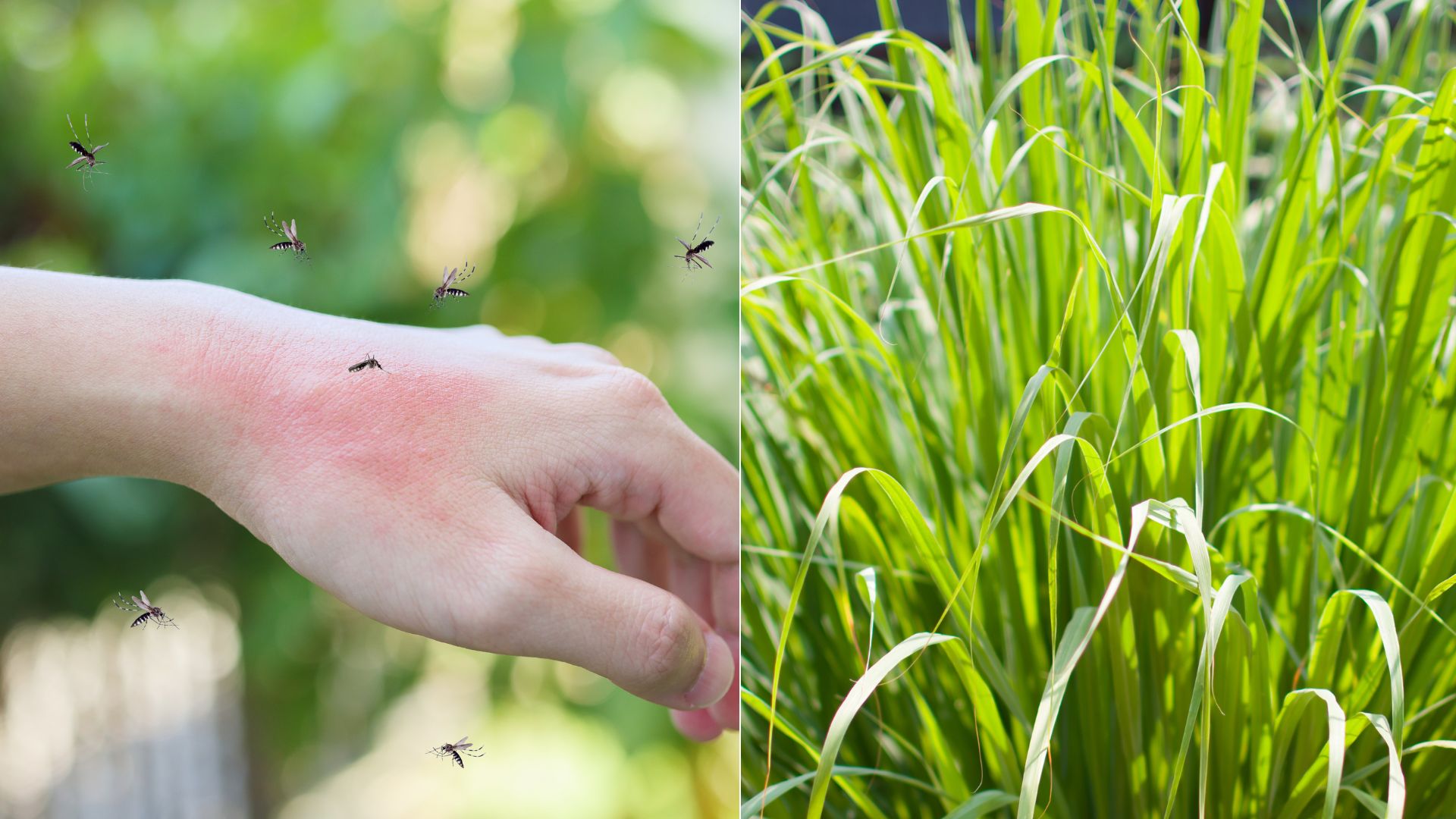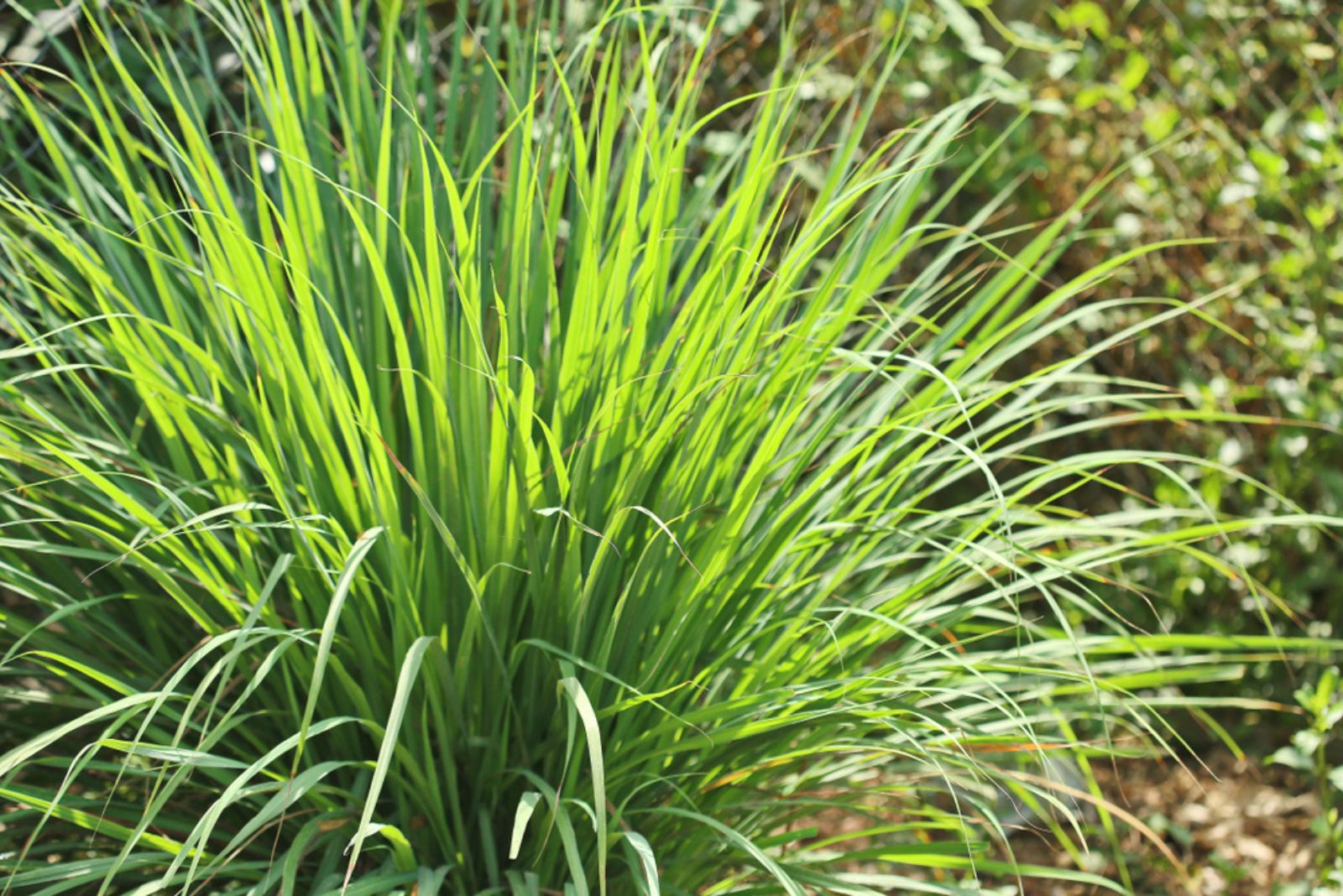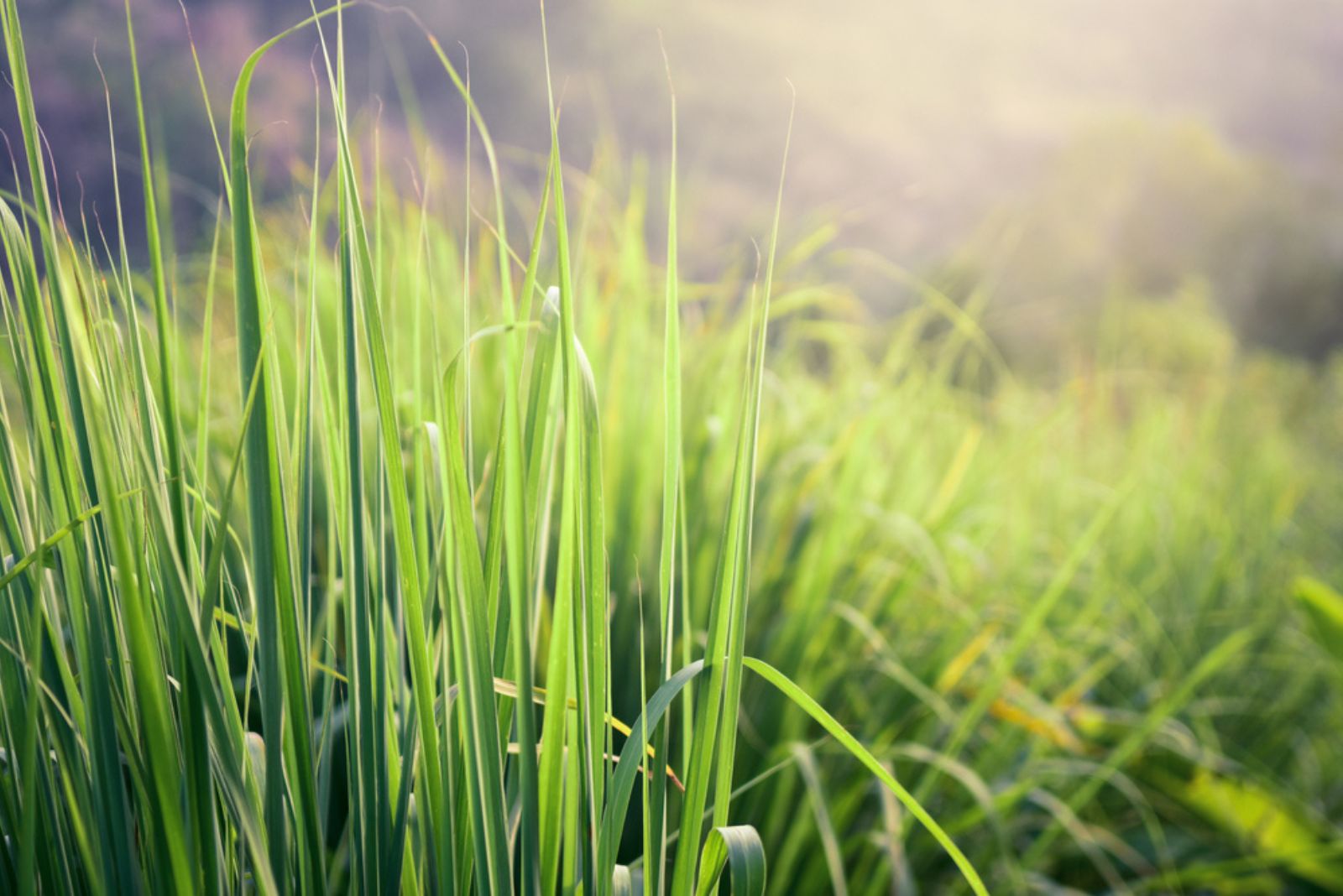Is there anything better than spending time outdoors during the summer months? A warm breeze and cold beverages make things even better. But there’s something that can get in your way of having the best time ever: annoying mosquitoes!
When you visit supermarkets during the summer, you’ll notice numerous products that can help you get rid of these nuisances. However, if you prefer more natural ways, I have a perfect solution for you: lemongrass!
Yes, this plant can help you fix mosquito problems, and here’s how!
Why Lemongrass?
There are many reasons why you should grow lemongrass in your garden but my favorite by far is because it repels mosquitoes.
According to research (1), the citronella found in this plant is what’s responsible for its pest-repellant features. This is a natural oil and it masks the smell we give off, such as CO2. Well, mosquitoes are actually crazy about this scent and if there isn’t any, they’ll simply leave.
Lemongrass is definitely a better choice over store-bought mosquito repellents because it’s a natural solution that doesn’t contain chemicals.
But if you’re dealing with many mosquitoes in one area, then you should have a backup plan. I recommend DEET because it’s an effective solution approved by the EPA. (2)
Another essential thing to understand is that the plant itself can’t deter mosquitoes. You should grow it in your garden so that you can make a repellent from it.
I have to mention that there are some other mosquito-deterrent plants you can grow in your garden, such as lavender, alliums, or marigolds.
How To Use Lemongrass As A Mosquito Repellent
If you decide to make your own mosquito repellent using lemongrass, you can choose between two methods. Let’s see more about each!
Method #1
The first option is to take a few lemongrass leaves and grind them up. What I especially like about this method is the amazing scent once you’re done grinding them!
You should grind until you get a paste, then all you need to do is rub it directly on your skin. Mosquitoes won’t come near it!
But, you should be very careful when applying the paste. It may cause skin irritation, so you should either test it on a small area or consult with professionals.
If you’re scared something may go wrong, here’s another way.
Method #2
There are various DIY mosquito repellents and they’re typically used as a spray. For me, this is the easiest and safest option and I recommend it for the lemongrass solution, too.
First, prepare the equipment! You’ll be happy to hear that the only ingredients you need are water and a few lemongrass leaves. Also, prepare a large pot where you’ll mix the ingredients, and a spray bottle.
Pour water into the pot, add the leaves, and bring it to a boil. You should move the pot from the stove when the leaves of your lemongrass become yellow.
Cover the pot, allow it to sit overnight, and pour the lemongrass solution into a spray bottle!
The thing is that lemongrass leaves, either ground or cooked, are very effective at repelling mosquitoes. The two main benefits of this solution are its eco-friendliness and scent (we all know that the scent of store-bought mosquito repellants is horrible).
But I always recommend using two solutions, especially if you’re going all-natural. This way, you increase the chances of winning the battle against mosquito infestation! Remember, your main goal is a perfect mosquito-free summer!
References
1. Baldacchino, F., Tramut, C., Salem, A., Liénard, E., Delétré, E., Franc, M., Martin, T., Duvallet, G., & Jay-Robert, P. (2013). The repellency of lemongrass oil against stable flies, tested using video tracking. Parasite.
2. DEET | US EPA. (2023, August 21). US EPA.



